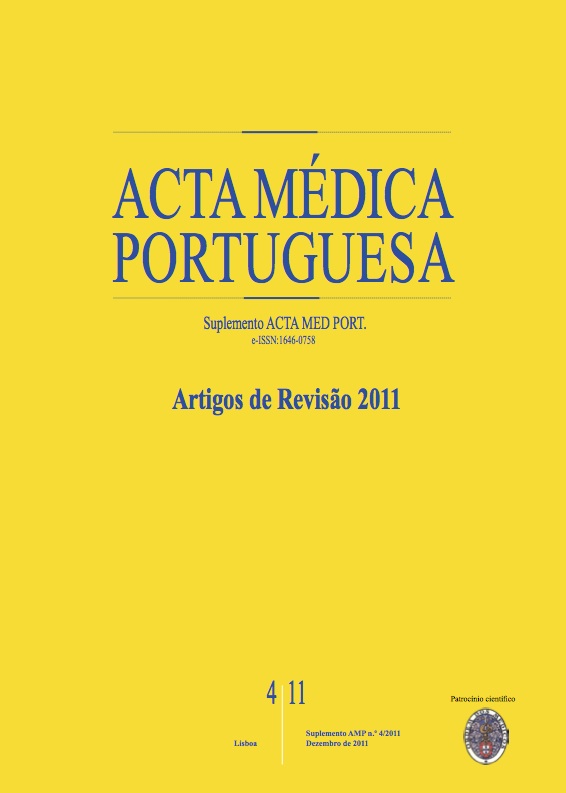Trabalho com famílias em psiquiatria geriátrica.
DOI:
https://doi.org/10.20344/amp.1589Resumo
Dementia and other late-life conditions in neuropsychiatry impose a heavy burden on society as a whole and in families in particular. A number of clinical presentations involving family aspects may be seen in clinical practice in a range of diagnoses (Alzheimer's disease, other dementias, depression or any other psychiatric disorder in the elderly). As a consequence, there is a growing trend towards working with families in geriatric psychiatry. Marital issues are not a frequent target for specific clinical intervention, but couple therapy may be useful regardless of age. The effectiveness of family systems therapy has not been widely evaluated in psychogeriatrics, so far. However, it may be a powerful resource when family dynamics must be addressed, mostly in families where dysfunctional circularities precede the outburst of severe clinical problems. More often, family psychoeducation will be the first indication, in different formats, settings and levels of intensity. However, context reading and systemically-informed work are not restricted to classical family therapy and do not imply it. Is has been suggested that family psychoeducation should sometimes include a stronger family systems perspective. Structured and feasible family assessments should always precede interventions. Indeed, they are a first step of the intervention itself, while necessarily reviewed through the course of family work. Ageism perhaps still influences to some extent health professionals' attitudes, including the ones of family therapists, leading to the underutilization of family approaches in the elderly. However, working with families remains a core process in geriatric psychiatry and family therapy may be a powerful resource in particular cases.Downloads
Downloads
Como Citar
Edição
Secção
Licença
Todos os artigos publicados na AMP são de acesso aberto e cumprem os requisitos das agências de financiamento ou instituições académicas. Relativamente à utilização por terceiros a AMP rege-se pelos termos da licença Creative Commons ‘Atribuição – Uso Não-Comercial – (CC-BY-NC)’.
É da responsabilidade do autor obter permissão para reproduzir figuras, tabelas, etc., de outras publicações. Após a aceitação de um artigo, os autores serão convidados a preencher uma “Declaração de Responsabilidade Autoral e Partilha de Direitos de Autor “(http://www.actamedicaportuguesa.com/info/AMP-NormasPublicacao.pdf) e a “Declaração de Potenciais Conflitos de Interesse” (http://www.icmje.org/conflicts-of-interest) do ICMJE. Será enviado um e-mail ao autor correspondente, confirmando a receção do manuscrito.
Após a publicação, os autores ficam autorizados a disponibilizar os seus artigos em repositórios das suas instituições de origem, desde que mencionem sempre onde foram publicados e de acordo com a licença Creative Commons









